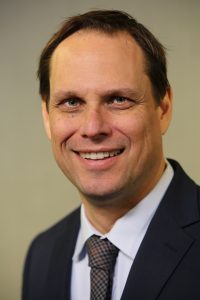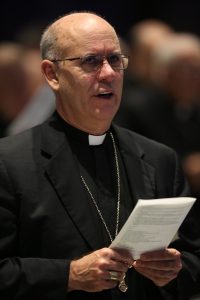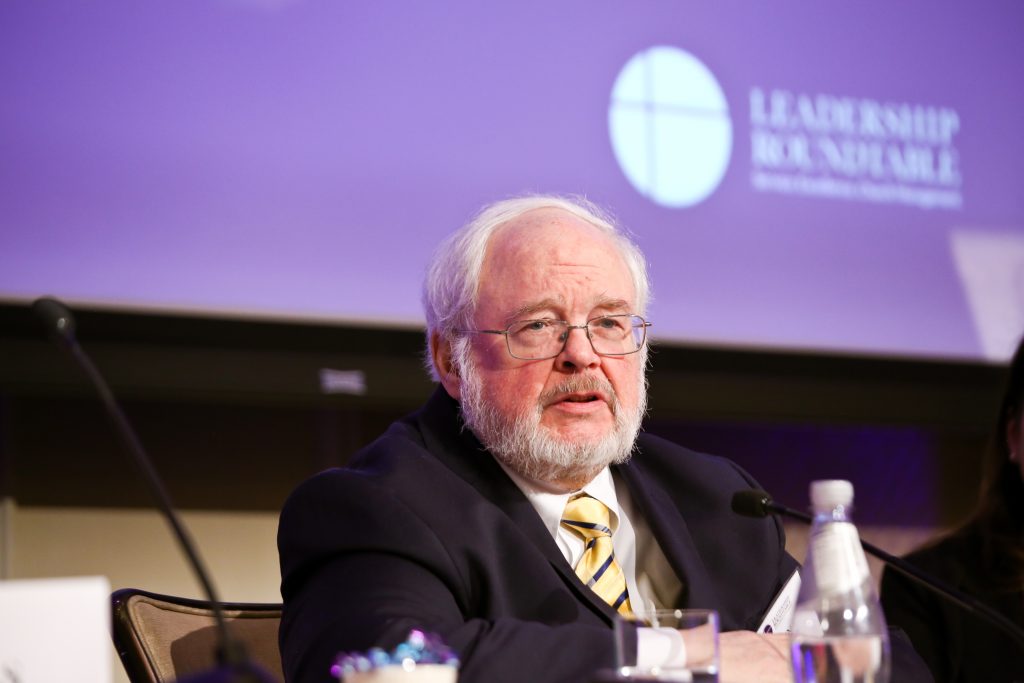As Catholics, we should be feeling the love these days. Everyone wants our vote.
There is “Catholics for Biden” and “Catholics for Trump,” and no shortage of pundits and pontificators ready at a moment’s notice to tell us who we absolutely cannot vote for, and who we must vote for.
That does not include, however, the Catholic bishops, contrary to the negative stereotype of some and the fond wish of others. They say so in writing. In their quadrennial document, “Forming Consciences for Faithful Citizenship,” the bishops state this up front: “We bishops do not intend to tell Catholics for whom or against whom to vote. Our purpose is to help Catholics form their consciences in accordance with God’s truth. We recognize that the responsibility to make choices in political life rests with each individual in light of a properly formed conscience. …”
The kicker, of course, is the “properly formed conscience.” That takes work. In the “Faithful Citizenship” document, they run through the issues as well as the principles, and it is their hope that we will do the same. (You can read the document yourself at usccb.org)
The bishops’ worry is that many Catholics decide which party to support and then ignore (or even adopt) those parts of their platforms that are not in agreement with Church teaching.
For those who take the Church’s social and moral teachings seriously — all of them — the current standoff between the two major parties leaves them standing out in the cold.

“For years, I have said that I often feel politically homeless as a pro-life, social justice, consistent-ethic Catholic,” says John Carr. The former director of the Department of Justice, Peace and Human Development in the U.S. Conference of Catholic Bishops (USCCB), Carr wrote an essay in America magazine recently looking at the election choices through the prism of “Faithful Citizenship” giving a qualified endorsement of Joe Biden.
Writing in rebuttal, Jayd Henricks, the former executive director of government relations at the USCCB, forcefully rejected Carr’s conclusion, but shares his alienation. “John Carr and I agree on much: Catholics are politically homeless. … Catholics should not be driven by partisanship.”
And Bishop Kevin Rhoades, the bishop of Fort Wayne-South Bend in Indiana, and chair of the bishops’ doctrine committee, recently weighed in as well. “There are parts of the traditional platforms of both the Republican and Democratic parties that are in accord with Catholic social teaching,’ Bishop Rhoades said in a Sept. 24 talk at Holy Cross College in Indiana.
“There are also parts of each platform that are not. This creates a dilemma for many faithful Catholics. They feel politically homeless.”
Bishop Rhoades looked at a wide range of issues, from abortion and the death penalty to immigration and economic inequality. He lays out the relevant Catholic teachings, making it clear that there are no easy answers when it comes to which party gets our vote.
For Carr, the deciding issues this election are racism and the character, competence, and integrity of the candidates. Choosing Biden does not mean abandoning the pro-life cause, he said: “To the contrary: A vote for Mr. Biden carries with it a duty to work with others to reduce abortions and to support priorities, programs, and ministries that serve women, children, and families in need.”
For Henricks, it is not just the Republican position on abortion, but also the issues of religious freedom, defense of marriage and traditional sexual norms, as well as “support for Catholic schools, not to mention enterprise zone for poor communities and a commitment to maintaining law and order.”
Two Catholics steeped in the principles of “Forming Consciences for Faithful Citizenship” come to opposite conclusions. For many this is maddening, but the truth is that good Catholics can and do disagree.

For Bishop Rhoades, the far greater concern is “Catholics who choose their parties over the Church.”
“Catholics who are more Democrat than they are Catholic and Catholics who are more Republican than they are Catholic have brought about a disunity that hinders our evangelizing mission.”
This disunity is a lost opportunity to evangelize society with a consistent commitment to the Church’s moral and social teaching, he said. “If one is a Democrat, one should reject and work to repeal parts of the party platform that are inimical to the truths of our faith. The same is true if one is Republican.”
“I believe that every faithful Catholic today feels a certain political homelessness,” Bishop Rhoades said. In some ways, we could call this the Rhoades test. To the extent that we who are Catholic voters do not feel homeless, we may not yet have the well-formed conscience the Church expects of us.
I think Carr and Rhoades would both agree with Henricks’ conclusion, and he poses a challenge for all of us: We “must vote according to a well-formed conscience, but that will happen only by putting ourselves in the hands of our loving Father through prayer, fasting, and service. All three are needed, otherwise we will fool ourselves into believing our vote is what makes us faithful Catholics.”

